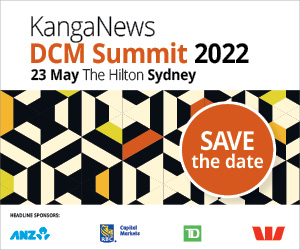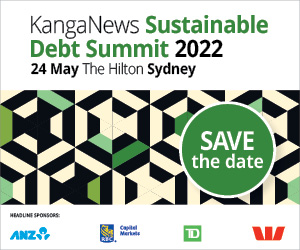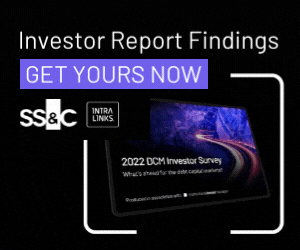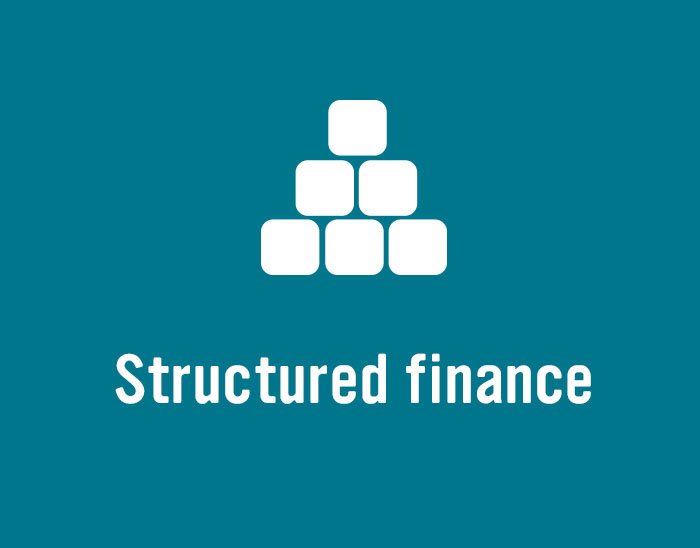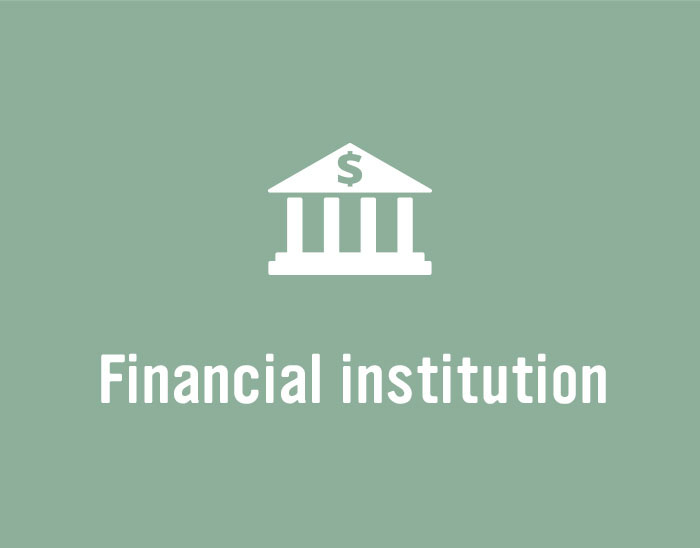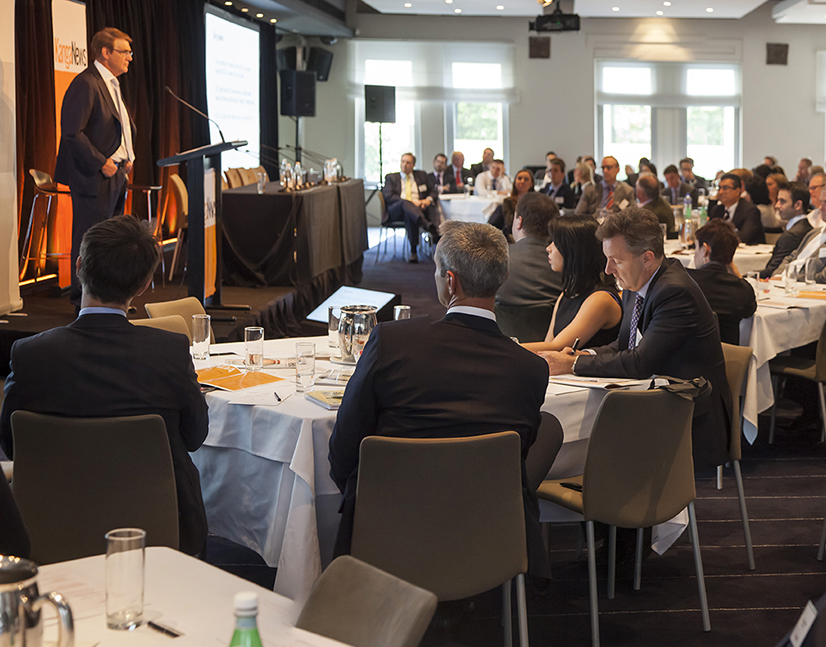Foreign-currency investment on the rise
US private placement (USPP) investors say an area of increasing value they can offer is the ability to invest in issuers’ home currencies. They predict foreign-currency issuance in their market will continue to grow, particularly as banks are still experiencing difficulty providing swaps.
MONAHAN Another trend we are seeing is the proliferation of non-US dollar tranches, and the more sophisticated investors that can easily work across the various currencies that are liquid or semi-liquid represent a great opportunity. Because right now one out of five transactions has a non-US dollar tranche.
BLIX For Australian corporates, being able to do Australian-dollar tranches used to be number four or five on the list of factors that attracted them to the private market. In the last few years, this feature has become significantly more important in the decision-making process as they consider all-in cost.
LYONS If you go back a decade there were very few foreign-currency tranches done. Whereas in the past couple of years these tranches have comprised 15-20 per cent of the market. My personal belief is it will be hard to grow our market with US companies and in US dollars.
I don’t see our market going away from make-whole and covenants. I don’t think the investors around this table are going to give these up.
Five years from now I wouldn’t be surprised to see 35 per cent of our market issued in foreign currencies. This is the way to grow the market – to disintermediate the local markets of issuers by going longer and now also offering local-currency tranches.
LYONS It depends on the house. At Voya Investment Management we have to swap it all. We don’t have any natural appetite for foreign currencies.
MONAHAN Out of 20 investors that can do non-US dollar investments, about three or four source naturally. The other 17 are swapping.
TANYERI Yes – Metlife Investment Management has some natural appetite for Australian dollars, yen and euros. Obviously being a US shop most of our liabilities are in US dollars and we will swap all of these back to US dollars. But earlier last year we did a deal for Transurban with a natural 17-year Australian dollar tranche. This is a long piece of paper in natural currency and I hope it’s a differentiating factor for the USPP market. It’s certainly something you will only find here.
We see a variety of currencies – including Danish krone and Swedish krona – and we are participating in some currencies that typically you wouldn’t see a lot of liquidity that you could swap past 10 years or so.
The other thing you’re starting to see a push for is deals done in foreign currencies that don’t have swap-breakage language. This is something that can be considered by investors at certain times – whereas other covenants are just not negotiable by USPP investors.
HOWLAND We have no natural foreign-currency liabilities so we swap everything. We actually think about this as an opportunity to the extent that we can generally swap more efficiently than our clients – providing them with local currency and freeing up their credit lines for productive investment. It’s a great feature of the USPP product.
MAHONEY Availability of inexpensive cross-currency swaps is declining as banks recalibrate their risk-return models under new regulatory requirements. So I think the issuer market is really setting up nicely to look for more foreign-currency financing, and this investor base is particularly well-equipped to provide it.
LYONS We are seeing the proliferation of non-US insurance investors. Foreign investors will swap US dollars to get access to a market because they have to, but will prefer it if product can be sourced in their local currency.
BLOCK From an Australian corporate perspective, the ability to issue long-term in Australian dollars is a definite attraction going forward – as the cost and availability of swaps becomes more onerous under the various new regulatory frameworks.
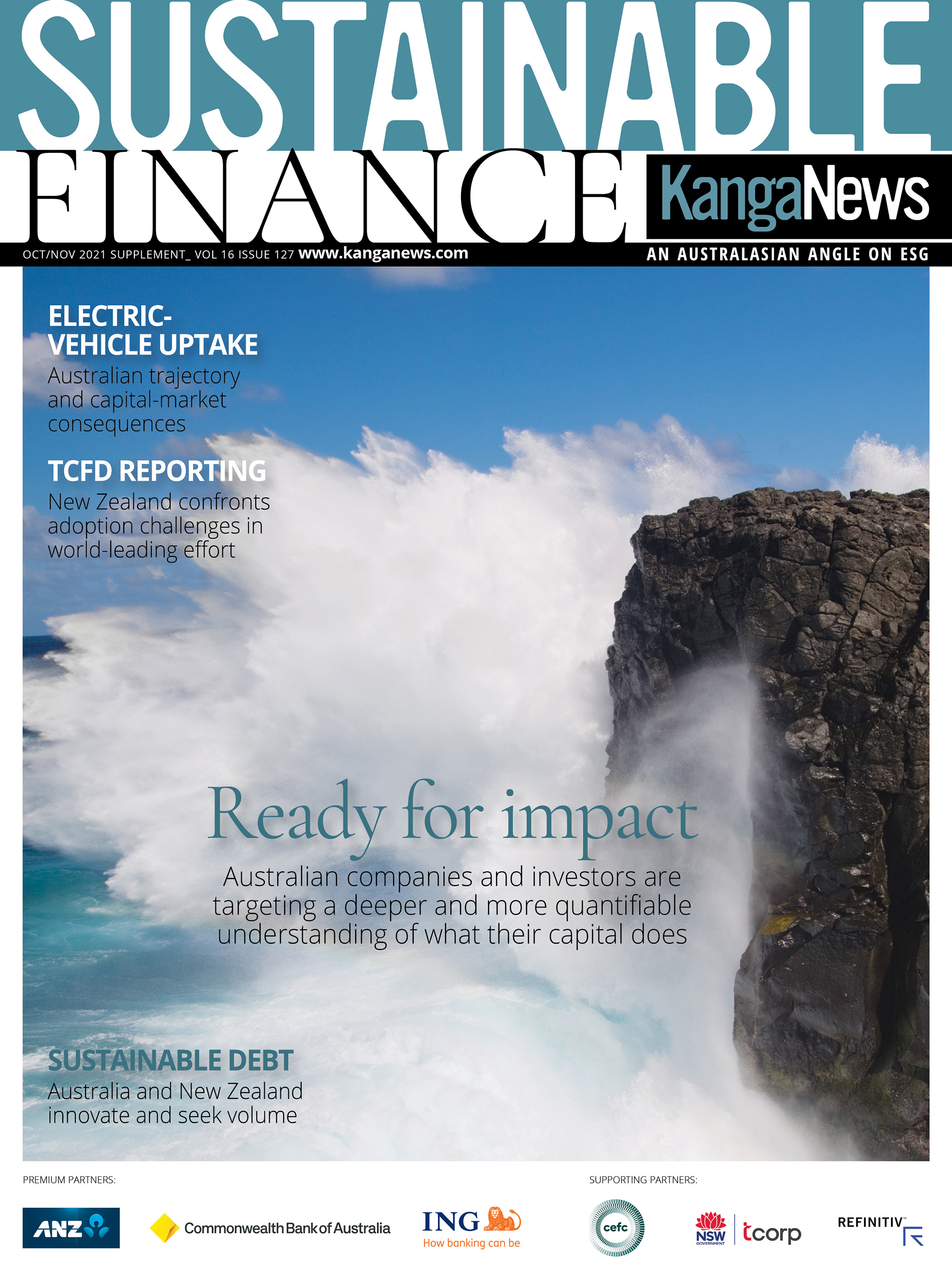
KANGANEWS SUSTAINABLE FINANCE H2 2021
KangaNews is proud to share cutting-edge information from the global and Australasian sustainable debt market.




